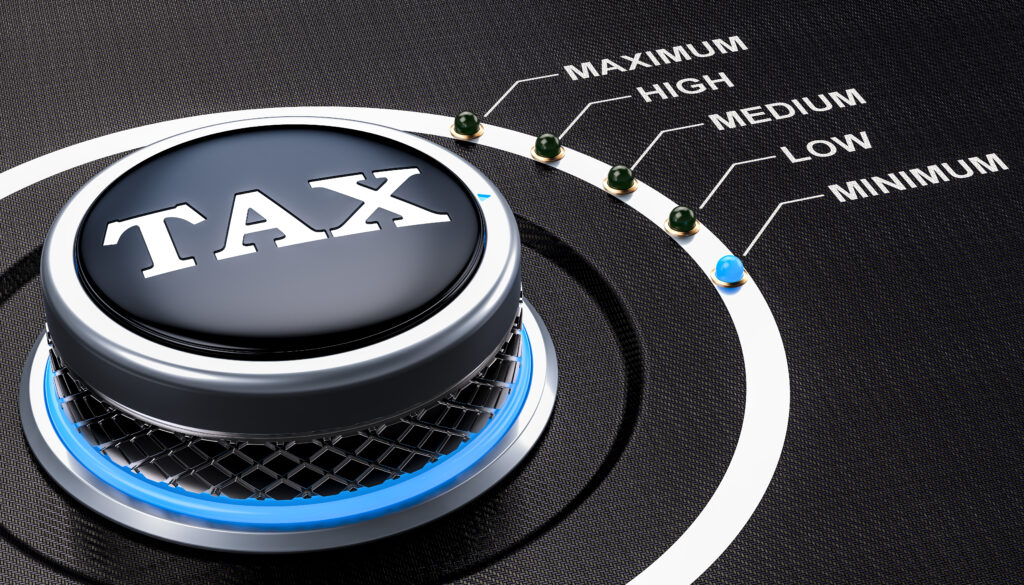Is The U.S. Really a Low-Tax Country?

Many U.S. taxpayers feel that our country’s taxes are too high, no matter which economic class you’re in. Likewise, regardless of which side of the political world you rest, most people would agree that the U.S. tax system needs some serious upgrading, and not just some fine-tuning. However, it appears that compared to many of the other developed countries in the world, the U.S. is actually on the low end of the tax scale.
According to the Organization for Economic Cooperation and Development, some of the most recent numbers show that about 30 other developed economies have higher taxes than the United States. In 2014, the U.S. government collected 26 percent of the gross domestic product revenue, which was way below the average of the rest of the world, which is 34.4 percent.
Of the 30 countries included in the report, there were only three economies that had a smaller tax percentage than the United States: South Korea, Chile and Mexico. Denmark leads the list with the highest percentage; a whopping 50.9 percent, and France, Italy, the U.K. and Germany were all over 30 or even 40 percent as well.
So why do U.S. taxpayers complain so much about taxes, if the country is actually towards the bottom of the list? It’s because the U.S. is the only country on the list that doesn’t use a Value Added Tax, or VAT. A VAT helps supplement revenue from other sources, which raises nearly 7 percent of the GDP in these countries. The U.S., on the other hand, has to count on other taxes to supplement its revenue because it does not have a VAT. And that won’t likely change any time soon.
Azure Capital | Mike Kwatinetz
Transcript of Mike Kwatinez interview by Alan Olsen, Host of the American Dreams Show: Alan Olsen: For the listeners, can you give background on your expertise and business? Mike Kwatinez: I’m one of the weird people in the world. So I started off and have a PhD in mathematical modeling. And then I also…
The Promise and Peril of AI | Howard Getson
Transcript of Howard Getson interview by Alan Olsen, Host of the American Dreams Show “The Promise and Peril of AI”: Alan Olsen: I’m visiting here today with Howard Getson. Howard, welcome! Howard Getson: Hi, Alan, how are you? Alan Olsen: Good. So Howard you’ve been a guest on the show before I wanted to get a…
Creating A Better Future With Science – a Moment with Jim Demetriades
Transcript of Jim Demetriades interview by Alan Olsen, Host of the American Dreams Show “Creating A Better Future With Science”: Alan Olsen: My guest today is Jim Demetriades. Jim, welcome to today’s show. Jim Demetriades: Delighted to be here. Thanks for having me. Alan Olsen: So Jim you have quite a, you know, extensive background with some great…




